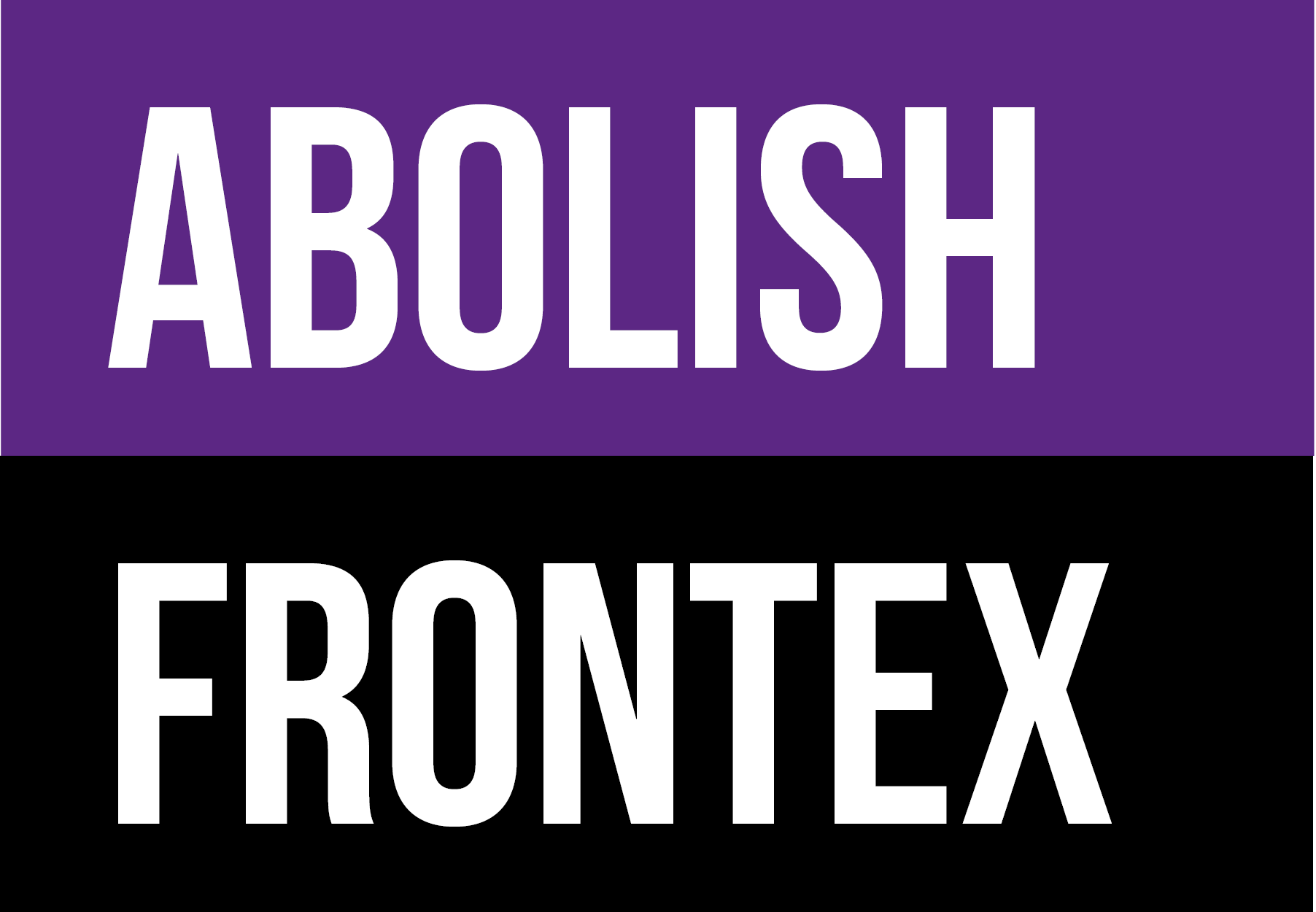2 October 2023 – On 5 September Frontex awarded new framework contracts for manned aerial surveillance flights on land and coastline to the companies CAE Aviation (Luxembourg) and European SAO (Malta). Under this contract they will fly scheduled and unscheduled flights from a base airport on request, “to report objects and events of interest to a Coordination Centre designated by Frontex” in support of its operations.
The contracts have a duration of 24 months, with a (in principal automatic) renewal for the same period. The maximum value is €14 million, which can be increased with up to 50% – something that regularly happened with previous similar contracts. Frontex guarantees at least 400 flight hours. A representative for each company has to be present in its headquarters in Warsaw to plan flight activities and receive feedback.
In 2015 a first framework contract for land surveillance was concluded with five companies: CAE Aviation, SIA (Latvia), DEA Aviation (UK), Vigilance (The Netherlands) and Indra (Spain). CAE Aviation and DEA Aviation were selected again for a new land and coastline surveillance framework contracts in 2019, together with Airborne Technologies (Austria) and Fly4Less (Hungary) for the land part. The values of these contracts were increased within a year and half to €2.25 million (land surveillance) and €3.75 million (coastline surveillance). Nevertheless, these increased values were consumed by early 2021, prompting the need to launch a new procedure. This initially didn’t result in the awarding of contracts, while Frontex imposed new requirements to “ensure extended operational capacity, flexibility and a better reflection of the incorporation between border and coast guard functions”.
Apparently, the now contracted companies can offer this. Thereby, they contribute to the expanding operational activities of Frontex. In February 2022, the agency launched it’s still ongoing Joint Operation Terra at the land borders of 12 eastern EU member states, deploying its new Standing Border Guard Corps. Apart from its well-documented involvement in pushbacks at sea, Frontex has also been involved in these human rights violating practices at land borders.
In terms of border externalistion, Frontex has also started operations in non-EU-countries Albania, Moldova, Montenegro and Serbia. The tender specifications explictly mention this extension of Frontex’s geographical scope and the possibility of surveillance flights over non-EU-countries.
CAE Avitation has a history of Frontex contracts for aerial surveillance, including for maritime surveillance over the Mediterranean. Such surveillance flights play a role in for example the controversial supply of information on locations of migrant boats to the Libyan Coastguard, which (violently) pulls back people on the move to Libya, where they end up in the notorious detention centers. CAE’s United States branch provides training for pilots from the US Custom and Borders Protection (CBP), known for its equally violent practices and pushbacks at the US-Mexico border.
CAE surveillance aircraft flies with radar from arms company Hensoldt. Hensoldt has for example supplied border security and control equipment to Tunisia, funded by Germany, also providing accompanying training to the Tunisian military.
While Malta-based European SAO (ESAO) is a new name in Frontex contracts, it is a sister company of DEA Aviation (UK), which like CAE has performed many surveillance flights for the agency. In this way the company can avoid the provison that UK companies weren’t eligible for the current framework contract, a consequence of Brexit.
